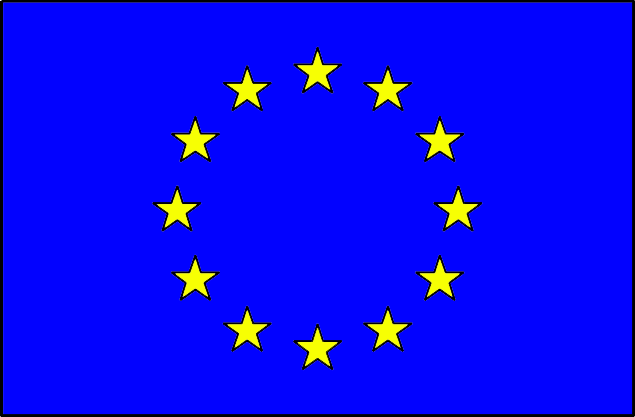Digital revolution spreading across Europe
European Union survey finds 42 per cent of homes now online.


More and more Europeans are taking up mobile phones and broadband internet, according to a European Union survey.
The survey, of 27,000 households across the bloc, found that of the 42 per cent of homes now online, 28 per cent of homes connect to the internet via a broadband link, while another 54 per cent access the internet via ADSL.
Financial reasons are becoming a smaller hurdle to internet connectivity. Indeed, nearly half of households without a connection said they simply didn't want one.
Consumers are increasingly switching from fixed-line to mobile telephones, with 81 per cent of households saying they have at least one. The number of mobile-only households increased four per cent to 22 per cent, while the number of households with at least one fixed line fell five per cent to 72 per cent. And some 17 per cent now use the internet to make calls.
A fifth of Europeans are buying their telecoms in bundled packages, the survey found.
"Europe's digital economy is growing strongly as more and more households embrace convergence between fixed, mobile and Internet services," said Information Society and Media Commissioner Viviane Reding.
The study shows how deeply upcoming changes to EU telecom rules could affect average consumers and telecom companies alike, said Reding.
Get the ITPro daily newsletter
Sign up today and you will receive a free copy of our Future Focus 2025 report - the leading guidance on AI, cybersecurity and other IT challenges as per 700+ senior executives
"The challenge of this year's reform of the EU's telecom rules will be to respond to this rapidly changing technological environment while enhancing at the same time effective competition," said Reding.
The EU is looking to change rules to boost competition between telecoms operators.
Freelance journalist Nicole Kobie first started writing for ITPro in 2007, with bylines in New Scientist, Wired, PC Pro and many more.
Nicole the author of a book about the history of technology, The Long History of the Future.
-
 Women show more team spirit when it comes to cybersecurity, yet they're still missing out on opportunities
Women show more team spirit when it comes to cybersecurity, yet they're still missing out on opportunitiesNews While they're more likely to believe that responsibility should be shared, women are less likely to get the necessary training
By Emma Woollacott
-
 OpenAI's new GPT-4.1 models miss the mark on coding tasks
OpenAI's new GPT-4.1 models miss the mark on coding tasksNews OpenAI says its GPT-4.1 model family offers sizable improvements for coding, but tests show competitors still outperform it in key areas.
By Ross Kelly